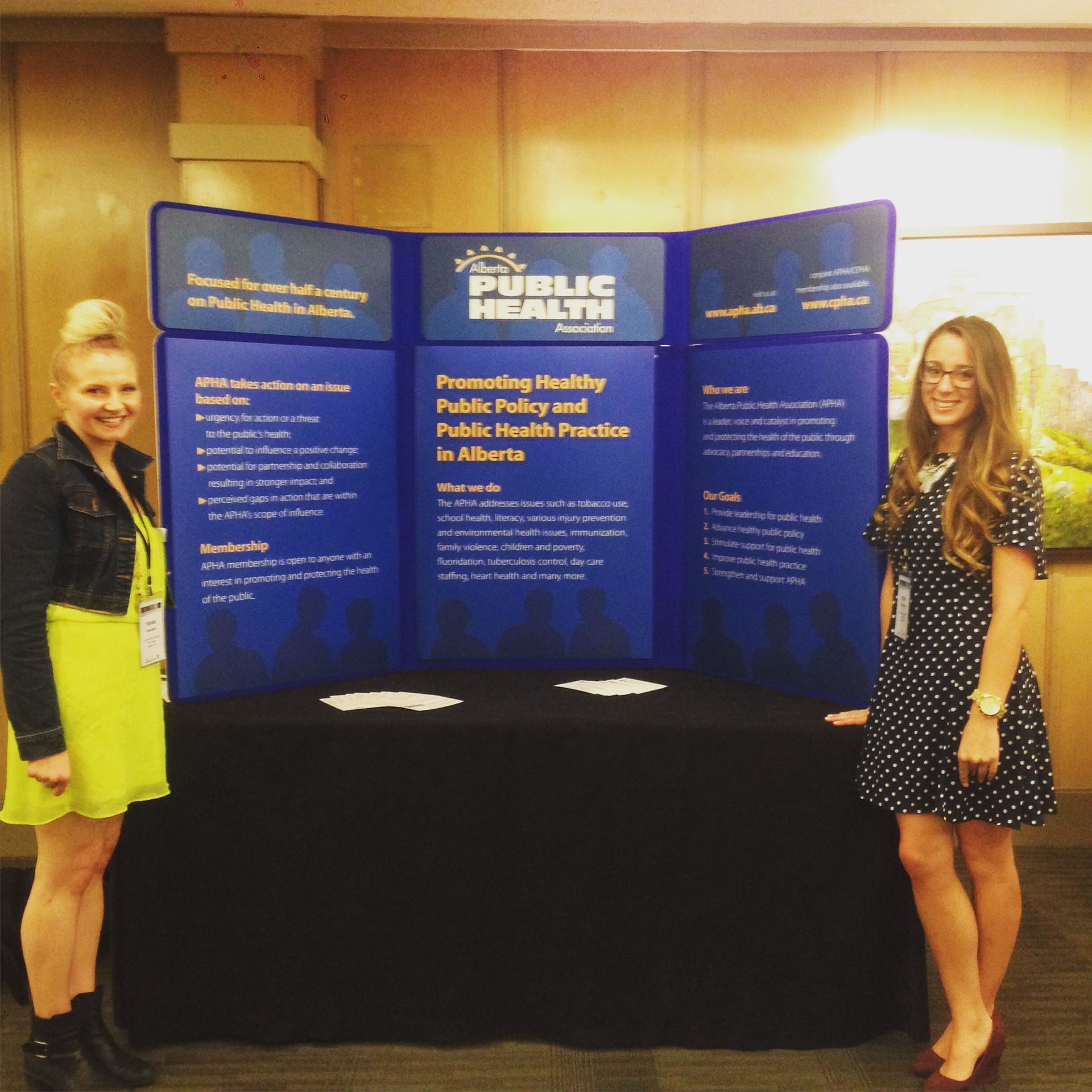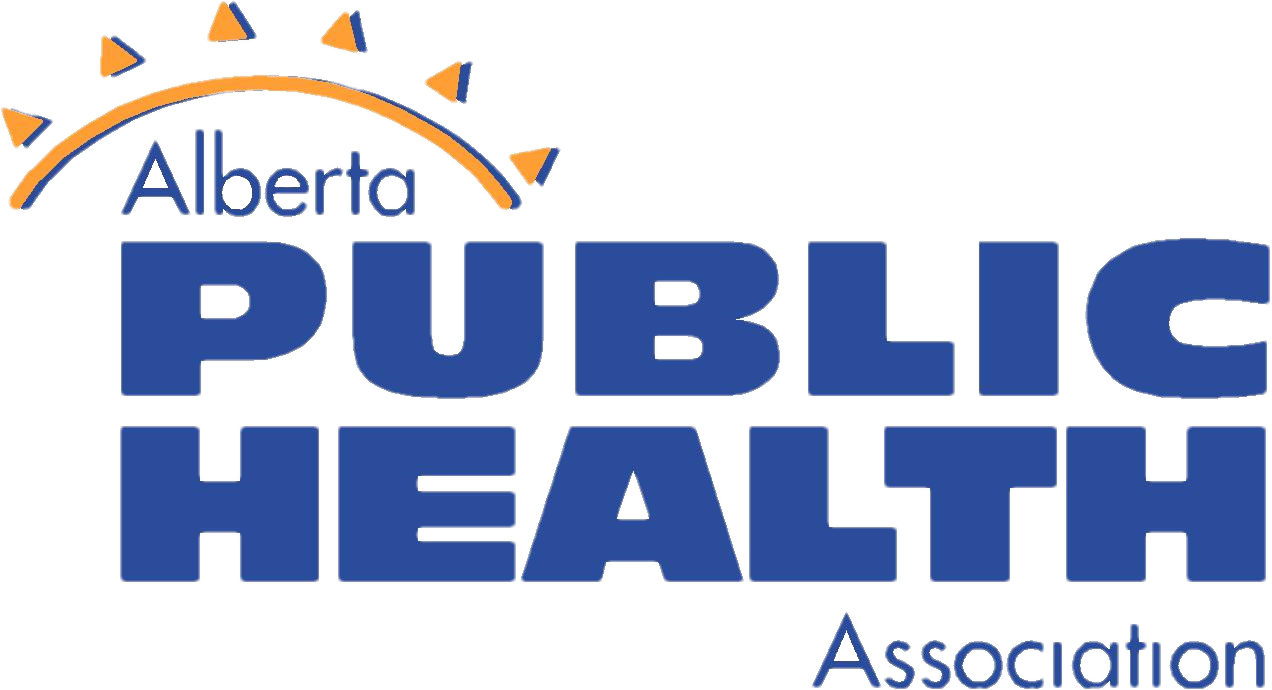| Promoting and protecting the health of the public through advocacy, partnerships and education |
- Home
- News and Events
- APHA
- Archive
2016 Annual Provincial Forum
Campus Alberta
Health Outcomes and Public Health
Event Summary
‘Research and Advocacy, Research versus Advocacy, and Walking the Fine Line’ was hosted May 2nd, 2016 at the Westin Hotel (Calgary, Alberta). This day-long event included presentations, panel and roundtable ‘breakout’ discussions, and networking opportunities with experts and provincial stakeholders in academia, healthcare, government, and the community. The keynote speaker was Steven Lewis (PhD) and the invited panel consisted of Diane Colley-Urquhart, Dr. Brent Friesen, Juliet Guichon (PhD), and Les Hagen.
Maria and Kenda represented the APHA at this event and reflected on their experience (below).

Maria & Kenda Reflections
We really enjoyed our engaging experience at the Campus Alberta event. It was a thought provoking educational experience for both of us - we especially enjoyed Steven Lewis's talk on 'walking the fine line', the panel discussion, and the 'breakout' sessions. In particular, the breakout sessions were an excellent opportunity to learn about the different public health research being done, the challenges being faced, and the methods being applied to overcome them. We attended separate breakout sessions, but we had similar positive experiences.
During the event, we had many ‘AHA’ moments that we believe are excellent “take away” messages for the APHA and its members involved in public health (PH) research and/or advocacy. In particular, Steven Lewis's talk and the proceeding panel discussion really drove home how it can be difficult to maintain "objectivity" in PH research. PH researchers are passionate about what they do, and they want to serve the greater good, so they inevitable bring their personal/professional values into their work. There was interesting opinion and debate as to whether this poses a credibility issue. Steven Lewis was very careful to differentiate between scientific credibility (i.e., quality and rigor of your research) and perceived personal credibility (i.e., what opponents say about you personally and their interpretation of your research). The notion of having to have “thick skin” as a PH researcher and advocate was also a repeated theme in this debate.
Second, that public policy is “more often than we think, but not as often as we’d like” driven by evidence. This differentiates public health research from other types of scientific research (i.e., bench top/basic science), where the policy implications from the findings may be less obvious. Mr. Lewis said that responsible advocacy involves being transparent about the underlying values/ideas that are influencing your research, not overstating or oversimplifying findings when communicating them, being civil to those who criticize, and even welcoming dissent. A researcher who advocates may be criticized because it comes with the territory; however your ideas are most likely to be respected if you build good relationships with those in the public policy community who really understand your motivation and objectives.
Finally, successful development and implementation of evidence-informed public/health policy is a “team sport with many players on the field”. This notion highlighted the need for difference skillsets (e.g., need for a researcher, clinical/content specialist, communications and public relations specialist, politicians, and public participation, etc.). It was stressed that although some researchers are naturally skilled as advocates, advocacy is not a universal skill or strength for all researchers and that is also acceptable and important to recognize. In such scenarios, the importance of collaborative groups where each individual is working to capitalize on their strengths is imperative.
We think that these are the most important takeaways for the APHA Board, although there were many other valuable learnings for us personally.
Sincerely,
Maria and Kenda
